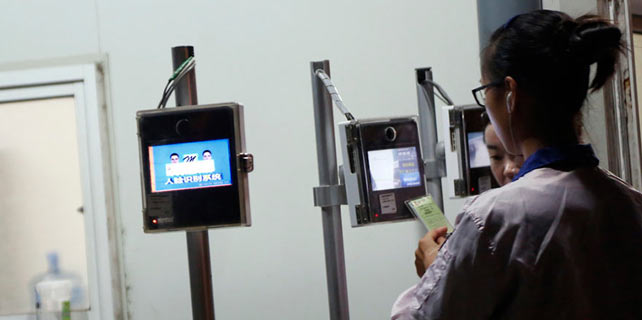Beijing service sector reforms boost opening-up
As a key policy driving the city's economic growth, the Comprehensive Pilot Program for Further Opening-Up the Service Sector in Beijing has brought new development opportunities and created a business-friendly environment for foreign investors, according to a senior official at the Beijing Municipal Commission of Commerce.
Shen Jinsheng, deputy director of the commission, said the pilot program has made new breakthroughs in such areas as easing service market access and speeding up institutional reforms, thus making the service sector more cohesive, modernized and international.
"By relaxing restrictions on market access in key areas of the service sector and introducing high-end services, the pilot program has produced new operation modes in China," said Shen.
"These include China's first foreign-controlled joint venture in aircraft maintenance, the world's biggest bank card payment organization and several Sino-foreign joint venture travel agencies, demonstrating Beijing's new, key function in the service sector."
The State Council approved the program in 2015. Ninety percent of the 141 tasks originally set have been accomplished in the past two years.
In June, the State Council issued a series of work plans to advance the program by focusing on opening-up, reform and coordination.
For example, foreign investment is now permitted in the production of audio-video products in designated areas. Also, purely foreign-funded banks and China-foreign joint equity banks that are newly established or restructured will now be allowed to apply for renminbi business licenses at the same time as they apply for their business operation license.
"Centering on deepening reform, regional coordination will be promoted to expand the development space available for enterprises," Shen said.
"Beijing continues to deepen its market regulation reform based on participants' credibility, meaning that companies that operate with integrity will be provided with better services," Shen added.
Institutional reforms are also progressing, facilitating trade in services and optimizing the business environment.
"We have made several institutional innovations: setting up a single-window, convenient office for foreign-funded firms to register; creating a dual points system for rating foreign-funded firms' social credit; and shortening the processing time for foreign workers' applications," Shen said.
In 2016, the service industry accounted for 80.3 percent of Beijing's GDP, an increase of 2.4 percent on 2014. The financial, information, science and technology sectors together represented 36.3 percent of the city's GDP.
In the same year, the actual utilization of foreign capital and international trade in services grew by 55.4 percent and 63 percent, respectively, compared with 2014.






















